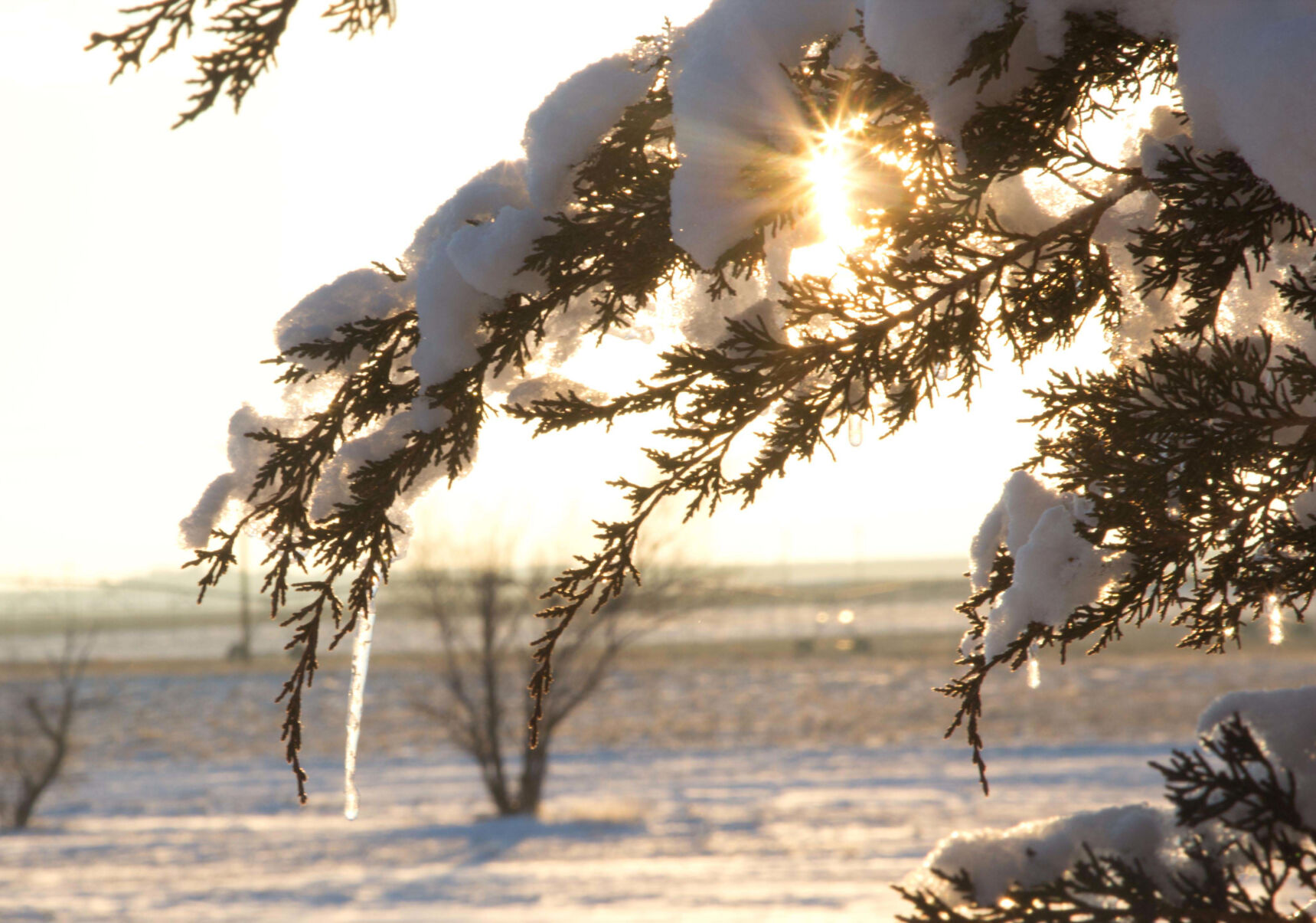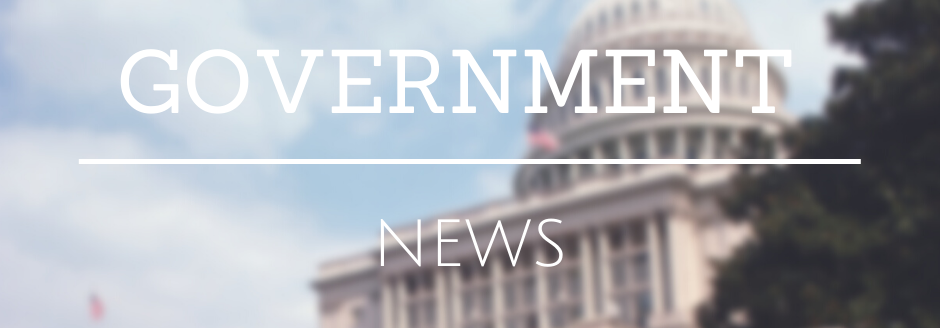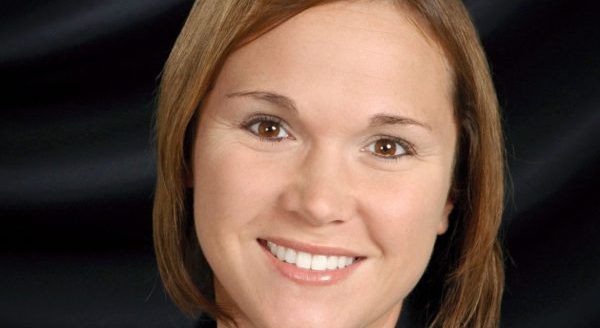Wholesale natural gas price spikes lead to rolling blackouts in the middle of Arctic blast

With sub-zero temperatures potentially adversely affecting humans and livestock across the region, a wholesale price spike of 100 to 200 times the normal price for natural gas couldn’t happen at a more inopportune time.
To manage the situation, Kansas Gov. Laura Kelly declared a state of disaster emergency Feb. 14, which allows the Kansas Corporation Commission and the Kansas Department of Emergency Management to mobilize state resources. Kelly held a press conference Feb. 15 to further explain the situation and why Kansans are experiencing unannounced rolling power blackouts.
According to Andrew French, chairman of the KCC, an unprecedented series of events created the need for rolling blackouts to conserve energy. It started with an unprecedented natural gas wholesale price spike throughout the market, French said. Whether that’s in response to forecast sub-zero temperatures and Arctic wind chills or not is a matter that will likely be investigated in the future.
“We discussed this with our gas utilities and we don’t think it’s a supply issue; there should be enough for all,” French said. But price spikes of 100 to 200 times the normal wholesale price of gas is unheard of.
Meanwhile the situation developed into not just an issue of high priced wholesale natural gas, but also a shortage of electricity. French explained the extreme weather has impacted electricity-generating resources in Kansas and the surrounding states. Coal plants are facing freezing coal stacks, wind turbines are freezing up in freezing fog, and natural gas electric plants are competing with gas utilities for the “adequate but scarce supplies of gas at high prices.” This all contributes to the need to vastly limit power in the region at a time when all customers have extreme demands for power to deal with the arctic blast conditions.
“It’s not just a Kansas issue,” French said. Customers in Texas are experiencing blackouts, as well as neighbors in Oklahoma, Arkansas, Nebraska, Iowa and parts farther north.
To mitigate the impact, utilities are first encouraging customers to safely conserve energy as best as they can over the next 48 to 72 hours, or until the sub-zero weather subsides.
“We had our first rolling blackouts earlier this afternoon, for one to one and a half hours,” French said. “They were planned and coordinated across the Southwest Power Pool and across power utilities across the state.” The rolling blackouts are coordinated by geographic area in order to ensure an adequate supply of power to all, within the rules and regulations set by the Southwest Power Pool.
“It’s still possible we may need to have more rolling blackouts into this evening and into tomorrow morning, when there will be high demand from folks waking up to cold temperatures and demanding energy,” French cautioned.
In the meantime, customers are encouraged to do their part:
-
Set the thermostat between 65 to 68 degrees and bundle up with sweaters and blankets;
-
Reduce the temperature on water heaters;
-
Seal leaks around windows and doors, and keep blinds closed to keep warm air inside; and
-
Change furnace filters so that they are more efficient.
Kelly said her office was doing its part already by going around and turning off lights in unused conference rooms. She encouraged other Kansans to do their part to conserve energy so that the state can get through the next 48 to 72 hours best as possible.
Jennifer M. Latzke can be reached at 620-227-1807 or [email protected].



